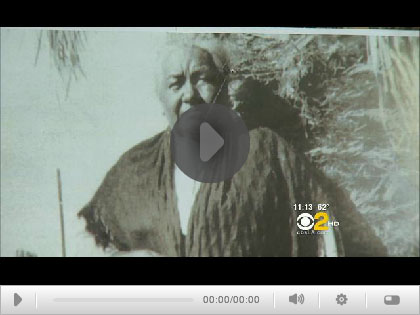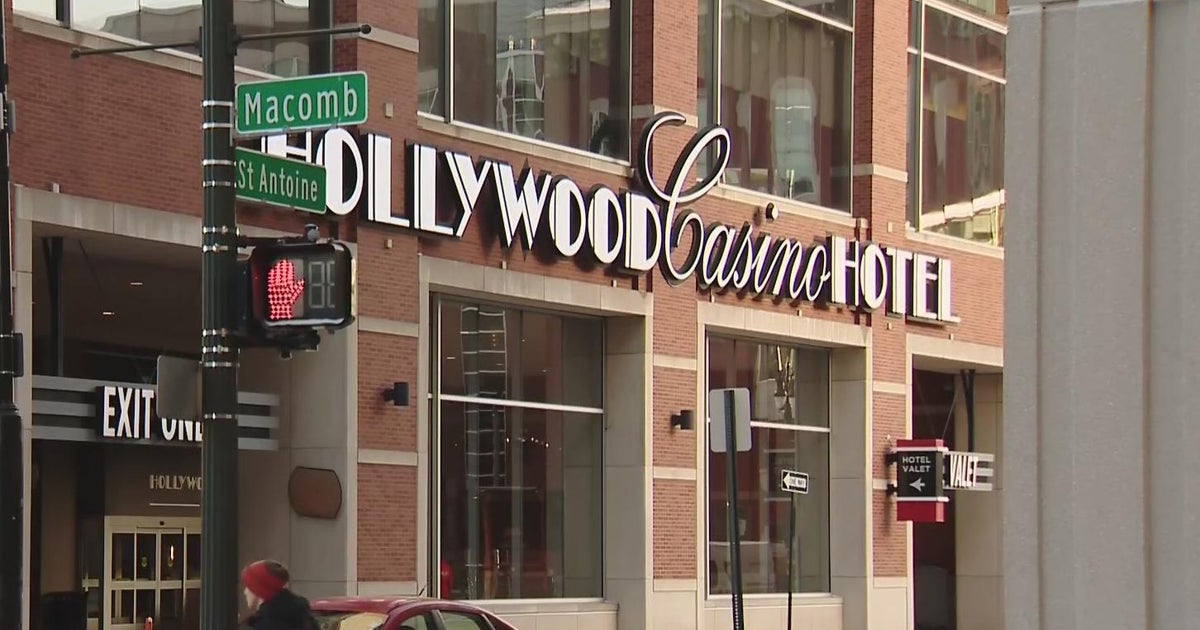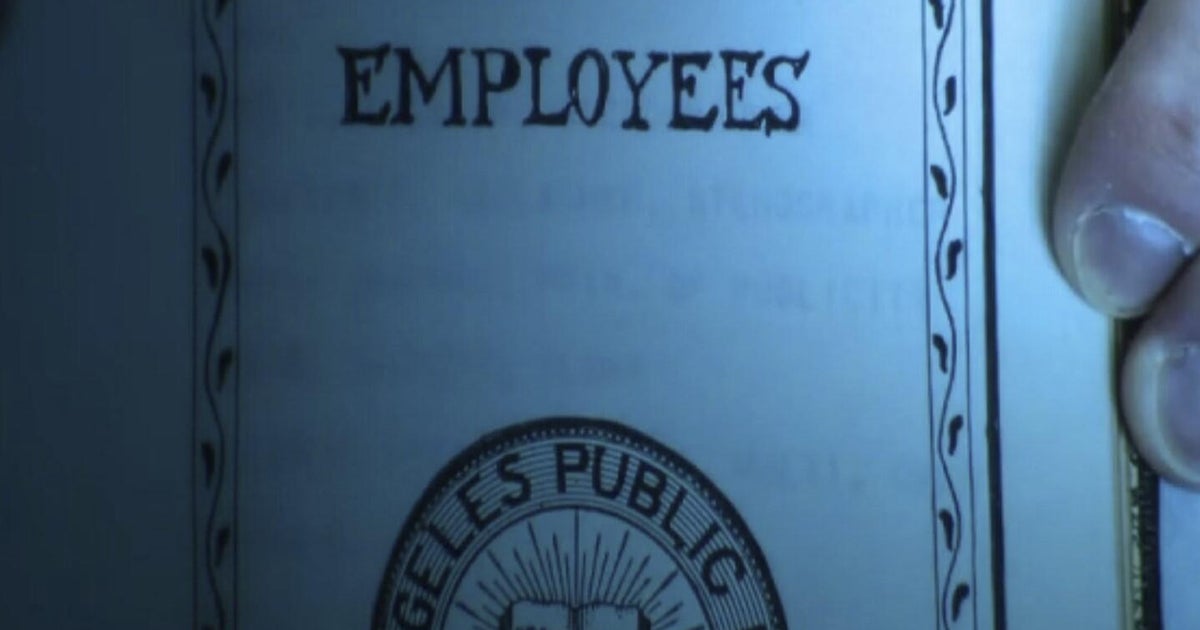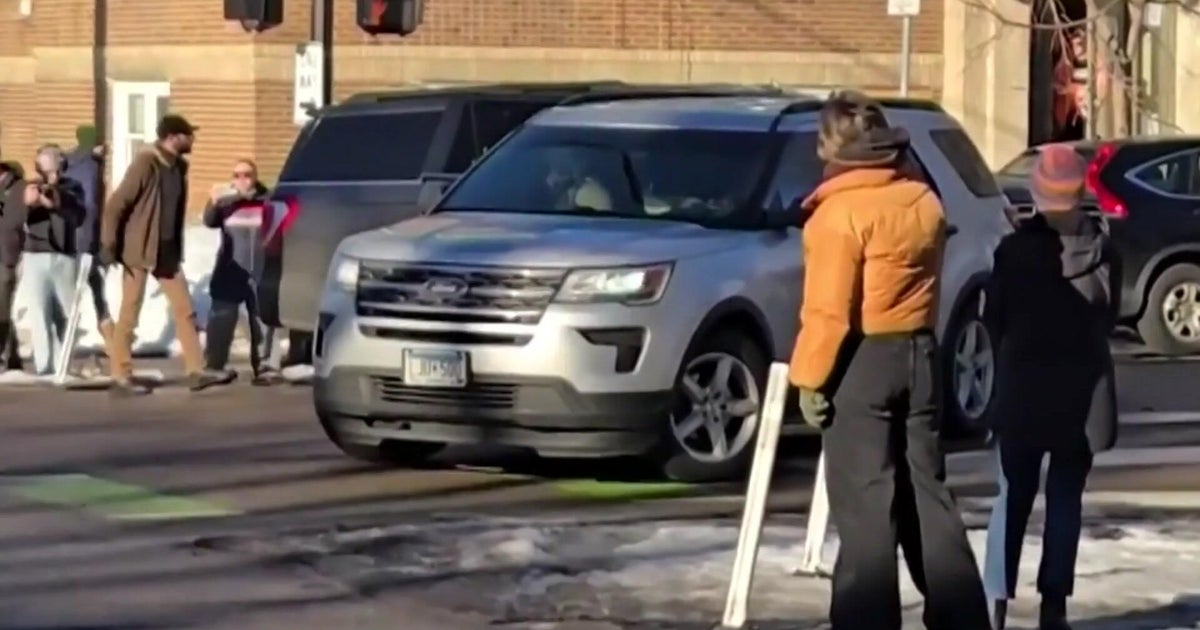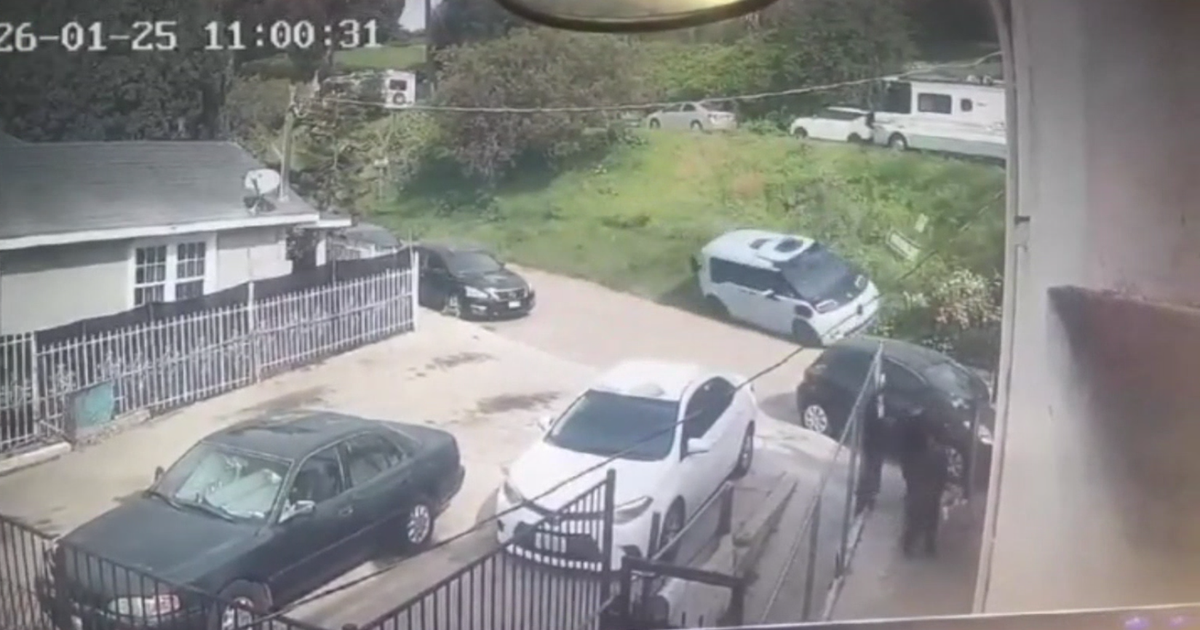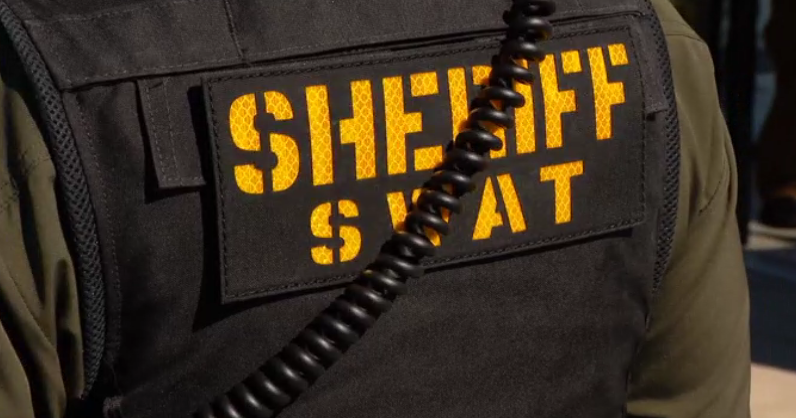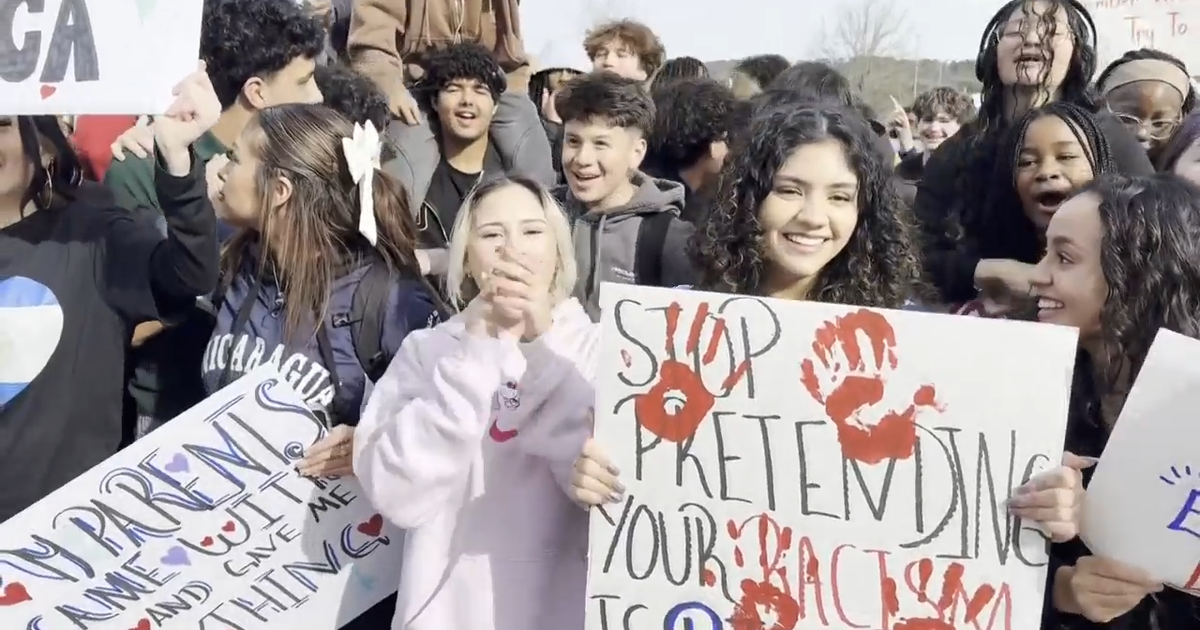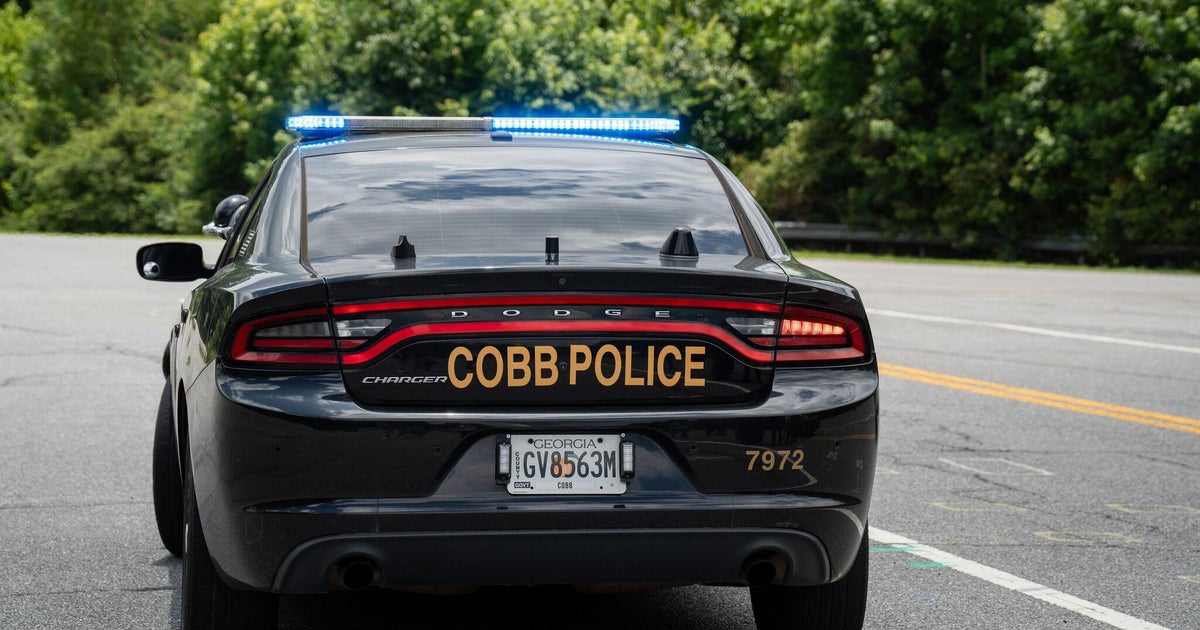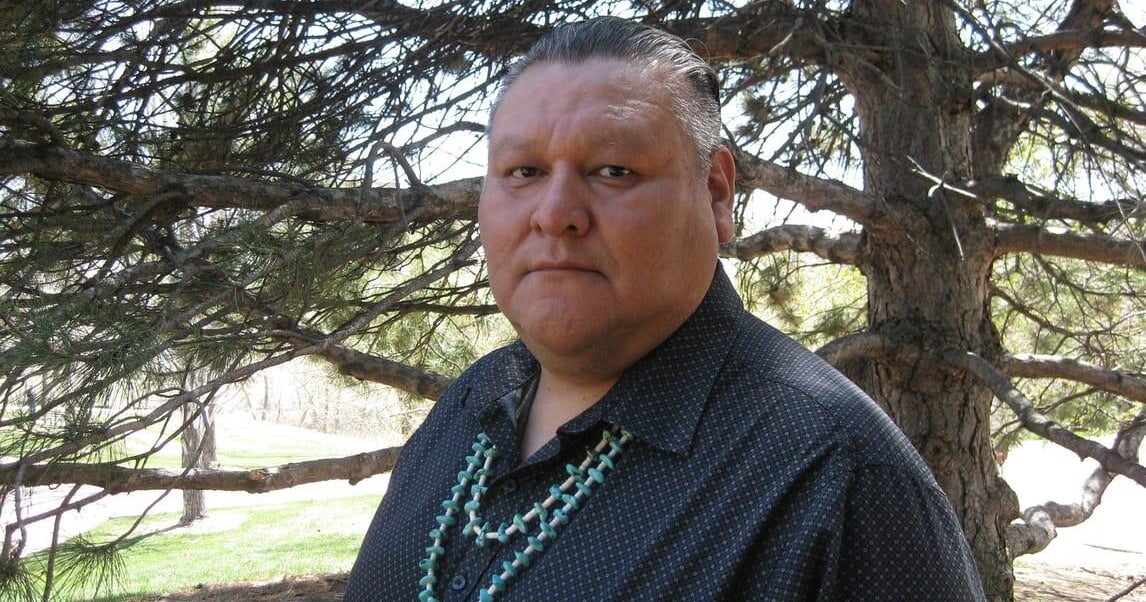Casino Tribe Outcasts Claim They Were Unfairly Expelled Over Greed
By Cristy Fajardo
TEMECULA (CBS) — A CBS2 News investigation has examined accusations that money pouring into Indian gaming casinos is bringing trouble to Southland reservations.
Two local tribes have been banishing members, stripping them of healthcare, education and monthly stipends. The tribes argue that it comes down to bloodlines, but those kicked out insist that it is really about money.
For more than a century, generations of distant cousins Rick Cuevas and Michael Madariaga's families have walked the same dirt roads on the Pechanga Reservation in Temecula.
"We have the original deed signed by President McKinley," Madariaga said.
Miles away at the Pala Reservation in Northern San Diego County, Gina Howard and her family have similar roots.
"My mother, Teresa Denver, we were both born in that house," Howard said.
Although the two families have never met, they share a common story -- members of both clans find themselves without a tribe.
"You're whole community turns away from you. And they look at your like you're a pariah," Howard said.
"Nobody has more of a right or is more Pechanga than us," Cuevas said.
It is called disenrollment. In both cases their tribal councils have questioned their bloodlines.
But the families believe that this is not about ancestry, it's about settling old scores and about money.
"It's about greed. I think it's about control," Howard said.
"It's about money and political power," Madariaga said.
Ever since the tribes got casinos, members have been entitled to a share of the windfall. Indian gaming is estimated to be a multi-billion dollar industry in California.
In July when Howard and seven of her relatives were disenrolled, she says that her cut of the Pala profits equaled about $9,000 a month.
At Pechanga W2 forms show that in 2005 members received $269,175.25 – more than $22,431 per month.
After Cuevas and his clan were kicked out in 2006, he says that number jumped to $30,000.
"Each person that has been disenrolled now, 250 of us, has lost $1.6 million, our rights to vote, our rights to healthcare, educational system. They threw a couple of our little cousins out of the tribal school, physically removed them from the school and told them that they could no longer be here again," Cuevas said.
In documents obtained by CBS2 News , an anthropologist hired by Pechanga itself to study ancestry said that there is significant evidence that Cuevas and his clan are Pechanga.
The anthropologist is quoted in the documents saying that he is "surprised and dismayed that the tribe continues to maintain otherwise."
Pechanga refused repeated requests for an on-camera interview. But in a statement, the tribe's chairman, Mark Macarro said that it was a question of ancestry.
"Though deeply painful for our tribe and the people affected, this correction was necessary to protect the integrity of the tribal government, our culture and our history," Macarro went on to say.
Pala chairman, Robert Smith, did sit down with us. He said the issue boils down to lineage, not money.
"It has nothing to do with money. They can say what they want, but that is not true. Right is right, wrong is wrong and they don't meet the requirements to be enrolled in here," Smith said.
He insisted that he had documents and records, that he would not show us, proving that Howard's great-great grandmother was only half Native American.
That would mean Howard and her cousins do not meet the blood requirement to enroll as members of the Pala Tribe.
We asked Smith why he would not show us the documents.
"Again, we're a sovereign Indian Tribe, we shouldn't have to show you," Smith said.
But the Bureau of Indian Affairs disagrees. In a letter obtained by CBS2, the BIA recommends that Howard and seven relatives be put back on the membership rolls, saying that they meet the required degree of Indian blood.
"We've got a document from them that says that she's half, so they talk about of both sides of their mouth, the BIA. At the end of the day, under the tribe's constitution, it's the tribal council that determines membership," Smith said.
A few months ago Pala disenrolled about another 150 of Howard's extended family. They accounted for about 15 percent of the tribe's membership.
"It's pretty clear that there are tribal members, who should be in the tribe who are being disenrolled," said Matthew Fletcher, an indigenous law professor at Michigan State University.
Fletcher has been studying mass disenrollments and says that he has noticed a pattern.
"We're mostly seeing mass disenrollments in California and some of the other tribes around the country that have very successful gaming enterprises," Fletcher said.
For now the disenrolled have no legal recourse, because Indian reservations are sovereign. State and federal judges have ruled the courts have no jurisdiction and the BIA has said that it has no authority over membership decisions.
"It's going to take an act of congress," said John Gomez Jr., president of the American Indian Rights and Resources Organization, who is a disenrollee.
Gomez says that congress must amend the Indian Civil Rights Act to allow courts to hear the cases.
"There is no available recourse and those tribal officials understand that. Their attorneys understand that. So they can manipulate the process," Gomez said.
Everyone agrees that that will not be easy. Casinos pour money into campaign coffers and other tribes may not want the federal government meddling in tribal affairs.
In the meantime, Cuevas, Madariaga, Howard and others are left with memories and nowhere to turn.
"Now we can't be buried here next to our relatives," Cuevas said.
"They just threw us away like yesterday's trash," Howard said.
"They have the Rolexes, but we have the time," Cuevas added.
Although disenrollments are taking place up and down the state, we want to be clear that locally it is specific to Pechanga and Pala.
Other Indian gaming casinos in Southern California, such as Morongo and San Manuel are not presently embroiled in similar disputes.
